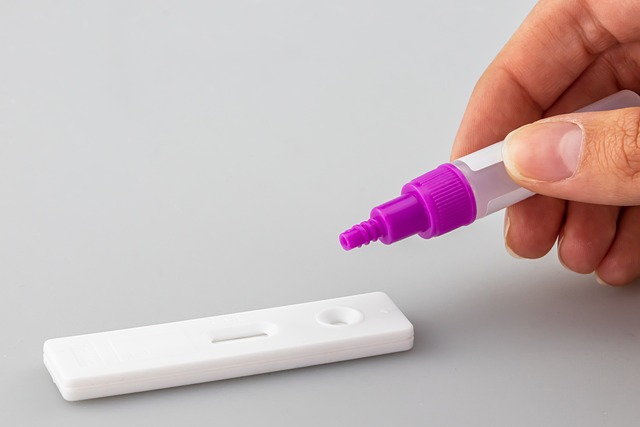Hair Transplantation Solutions Available in United Kingdom for Natural Results
Individuals residing in United Kingdom who seek to enhance their hair can access effective and safe hair transplantation methods that yield natural-looking outcomes. These solutions are provided by specialized clinics within United Kingdom, eliminating the need for travel to Turkey for treatment. A variety of options exist in major cities, ensuring convenient access to quality care.

Understanding Hair Transplantation Procedures in United Kingdom
Hair transplantation involves relocating hair follicles from areas of dense growth, typically the back or sides of the scalp, to regions experiencing thinning or baldness. Two primary techniques dominate the field: Follicular Unit Transplantation (FUT) and Follicular Unit Extraction (FUE). FUT involves removing a strip of scalp tissue and dissecting it into individual follicular units for transplantation. FUE, on the other hand, extracts individual follicles directly from the donor area using specialized instruments. Both methods have proven effective, though FUE has gained popularity due to its minimally invasive nature and reduced scarring. The choice between these techniques depends on factors such as the extent of hair loss, scalp condition, and individual preferences. Surgeons in the United Kingdom are trained in both methods and can recommend the most suitable approach based on a thorough consultation.
An Overview of Hair Transplant Clinics
The United Kingdom hosts numerous clinics offering hair transplantation services, ranging from private practices to specialized hair restoration centers. These facilities employ experienced surgeons, many of whom are members of professional organizations such as the British Association of Hair Restoration Surgery. When selecting a clinic, individuals should consider factors including the surgeon’s qualifications, patient reviews, before-and-after portfolios, and the availability of modern equipment. Many clinics offer comprehensive consultations where potential candidates can discuss their expectations, understand the procedure in detail, and receive personalized treatment plans. Some facilities also provide additional services such as platelet-rich plasma therapy and scalp micropigmentation to complement transplantation results. Researching local services in your area and scheduling consultations with multiple providers can help ensure an informed decision.
Evaluating the Costs of Natural Hair Transplantation
The financial aspect of hair transplantation is a significant consideration for many individuals. Costs vary widely depending on the technique used, the number of grafts required, the clinic’s location, and the surgeon’s expertise. Understanding these variables helps in planning and budgeting for the procedure.
| Procedure Type | Provider Example | Cost Estimation (GBP) |
|---|---|---|
| FUE (1000 grafts) | Private clinics in London | £3,000 - £5,000 |
| FUE (2000 grafts) | Specialized centers nationwide | £5,000 - £8,000 |
| FUT (1000 grafts) | Regional hair restoration clinics | £2,500 - £4,000 |
| FUT (2000 grafts) | Established practices | £4,000 - £6,500 |
| Consultation fees | Various providers | £50 - £200 (often refundable) |
Prices, rates, or cost estimates mentioned in this article are based on the latest available information but may change over time. Independent research is advised before making financial decisions.
The number of grafts needed depends on the extent of hair loss and the desired density. A typical session may involve anywhere from 1,000 to 3,000 grafts, with some individuals requiring multiple sessions for optimal coverage. Many clinics offer financing options or payment plans to make the procedure more accessible. It is essential to obtain detailed quotes during consultations and clarify what is included in the price, such as follow-up appointments, medications, and post-operative care.
What to Expect During Recovery
Recovery from hair transplantation is generally straightforward, though it requires adherence to post-operative care instructions. Immediately following the procedure, patients may experience mild swelling, redness, and discomfort in both the donor and recipient areas. These symptoms typically subside within a few days to a week. Surgeons often prescribe pain medication and antibiotics to manage discomfort and prevent infection. Patients are advised to avoid strenuous activities, direct sunlight, and washing the scalp for a specified period. Transplanted hair usually sheds within the first few weeks, which is a normal part of the process. New growth begins around three to four months post-procedure, with full results visible after 12 to 18 months. Regular follow-up appointments allow the surgeon to monitor progress and address any concerns.
Factors Influencing Success and Natural Results
Achieving natural-looking results depends on several factors, including the surgeon’s skill, the quality of donor hair, and proper planning of the hairline design. Experienced surgeons consider factors such as hair direction, angle, and density to create a seamless appearance. The natural curvature and placement of transplanted follicles are critical to avoiding an artificial look. Additionally, the health of the donor area plays a significant role; individuals with strong, dense hair in these regions typically achieve better outcomes. Lifestyle factors, including smoking, diet, and overall health, can also impact healing and graft survival. Patients are encouraged to maintain realistic expectations and understand that while hair transplantation can significantly improve appearance, it may not restore hair to its original density.
Conclusion
Hair transplantation offers a viable solution for individuals in the United Kingdom seeking to address hair loss and restore confidence. With a range of techniques available and numerous qualified clinics providing services, prospective patients have access to effective treatments tailored to their needs. Understanding the procedures, evaluating costs, and selecting experienced providers are essential steps in the journey toward natural-looking results. As with any medical procedure, thorough research and consultation with qualified professionals ensure informed decisions and satisfactory outcomes.
This article is for informational purposes only and should not be considered medical advice. Please consult a qualified healthcare professional for personalized guidance and treatment.




